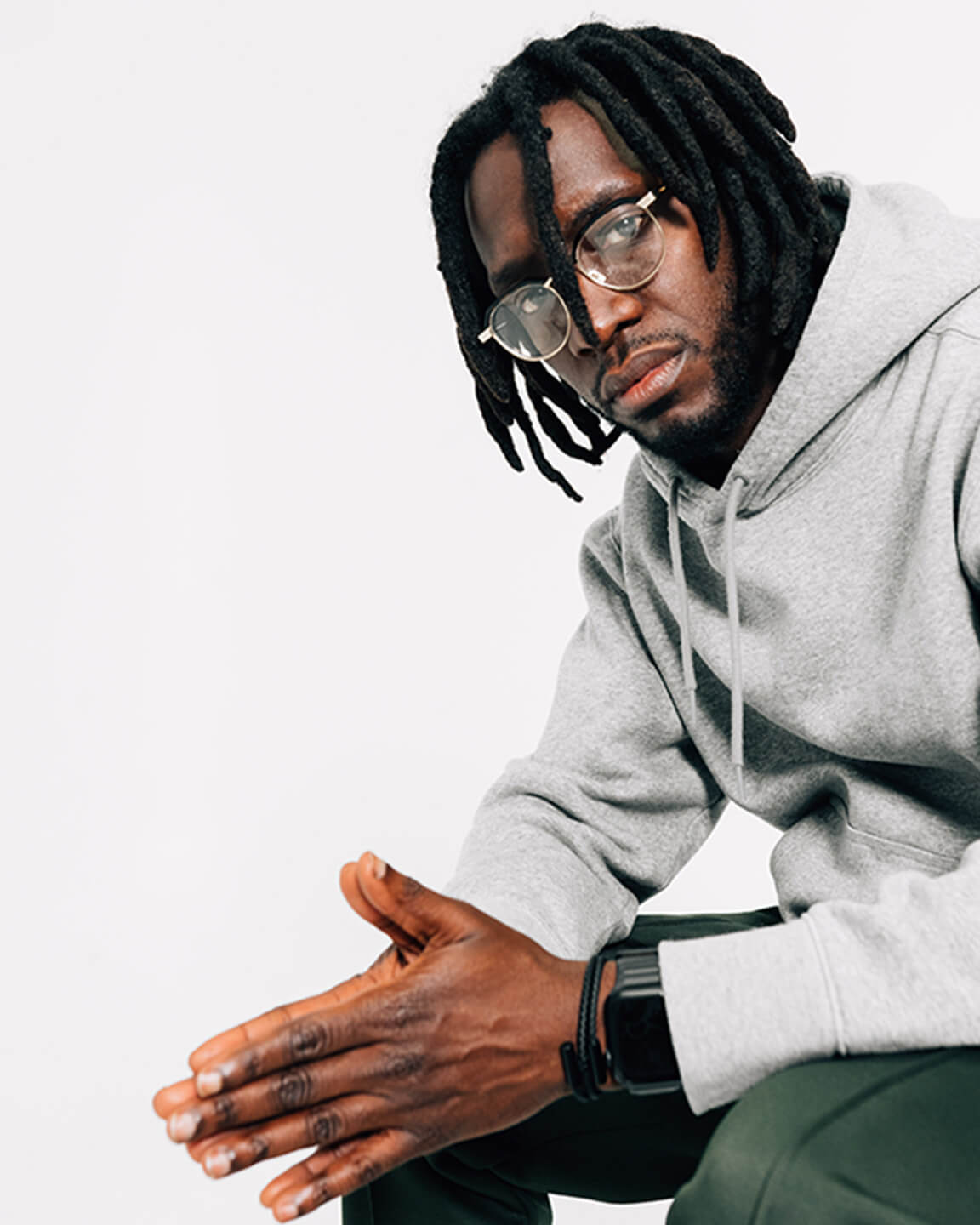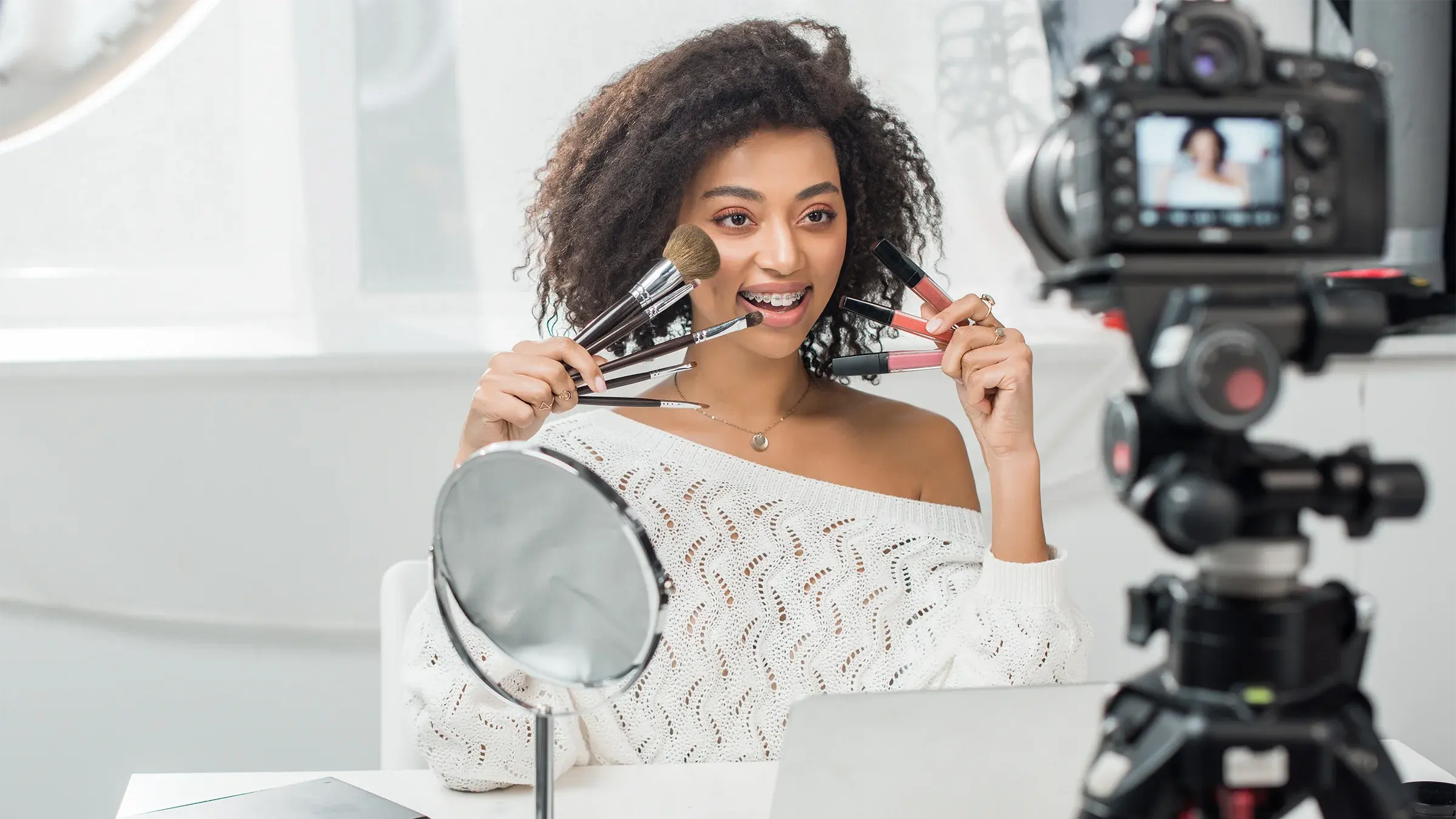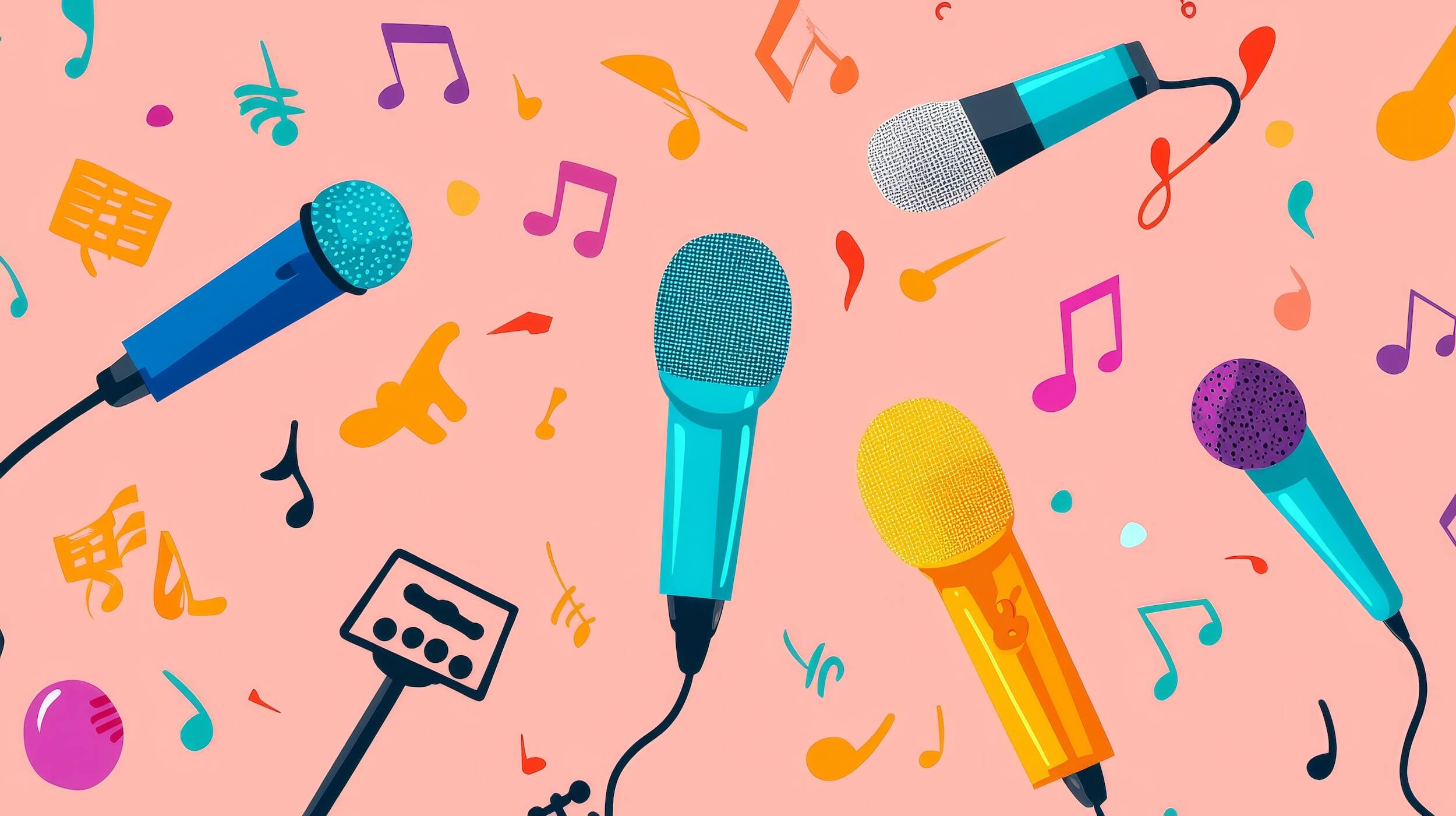Intro [00:00:00] Welcome to the Taylor Ten, a fast paced, ten minute deep dive into the minds of those shaking up the marketing world, bringing you the sharpest insights, boldest ideas and break through trends driving the industry forward. So tune in, get inspired, and stay ahead.
Felton Brown [00:00:17] I'm Felton Brown and welcome to The Taylor Ten. I am here with a really good friend of mine, a super talented philanthropist, actor and yard man a.k.a Jamaican. By the way, we got to say, it's two Jamaicans on a podcast right now. I'm here with my really good friend Etienne Maurice of the WalkGood LA organization. Etienne, thank you for doing this today. How are you feeling?
Etienne Maurice [00:00:45] My dog? I'm feeling good. A little bit jet lagged, as you can see the redness in my eyes. But I'm always happy to talk about WalkGood and the amazing work that we're doing in the community. So thank you for having me.
Felton Brown [00:01:00] You know, let's just get into it. What inspired you to start WalkGood LA and like what was some of the biggest challenges just getting it off the ground?
Etienne Maurice [00:01:09] Yeah. So WalkGood LA really started out as my production company. So I'm a filmmaker. I have a production company called Walk Good Productions. So that was like my moniker. That was my trademark when I graduated out of out of college from Drexel University, I was shooting behind the scenes content for music artist. I was directing live awards shows. And, you know, after, you know, five years after I graduated, COVID hit 2020 and the world kind of stopped. And through 2020, George Floyd, Breonna Taylor, Ahmaud Arbery, they were killed. And I just remember feeling like this great sense of, I don't know, like hopelessness, feeling like I couldn't do anything because I felt like I was stuck in my house. And, you know, it was that gray area where we didn't know if we could even step outside. And then I think once George Floyd happened, everybody was like, all right, forget this. We'll take the streets.And I attended a few protests, had this like burning feeling to just go out there and and galvanize my own community. So I went to one protest. It was it was called like a Run For Justice protest with one of the running clubs here in L.A. called Keep 100. And I had attended one I like. That was like a confirmation. I needed to, like, just go out there and do it. And I made this this flier on my on my phone. I sent it to everybody in my contact list. And like 400 people showed up in the park. I was like, wow, this is a lot. I had everybody there was they was dressed in black. We had this DJ, my boy, DJ Omega he DJed, and then Karrueche came and when Karrueche came, I was like, some influential people like pulling up to, you know, to to run with this. And I remember I had this thought. I saw my cousin. I was like, her, her name's Marley. And I was like, Yo, we should you should guide some yoga stretches or do some meditation before this protest. And then we did like there's a little brief meditation, some yoga stretches before we did the protest run. And we ran in my neighborhood in the middle of Los Angeles. I remember when I got on the mic after the protests, somebody asked me like, well, what is what is what is this community called? And and on top of my head, I was like, WalkGood LA. And I changed my Instagram account from WalkGood Productions to WalkGood LA and that was the start of the community. So then, you know, week after week, the protests would kind of dwindle and people thought they didn't want to protest anymore. But I got my cousin to teach the yoga classes so we would protest onSaturday and then do the yoga class in the park on Sunday. And so while the protest started to dwindle, the yoga class started to blow up. We went from like having 35 people in the park doing yoga to then bring in 500 people in a park doing yoga. And it became like a consistent thing. So now here we are four years later at our own creative Wellness studio with the support of Michael B. Jordan and Propel Fitness Water. The we have the WalkGood Yard, where we hold yoga classes, mindfulness workshops. We even hosted a comedy show. We had hosted a film festival. We host movie screenings. So we're really a community. And and then also because we started this out with two Jamaicans, you know, on this podcast, WalkGood, is aJamaican euphemism. It's something that my grandmother would always tell me she would always be like "Walk good, Etienne". And that means to take care of yourself and make sure to come back home and be good to others and also be good to yourself. So now I got to share a little bit of my my Jamaican heritage and the love that my grandmother poured into me through that that term "walk good".
Felton Brown [00:04:51] I see the power in, in how you and your team organize. And, you know, tragically L.A. needed it the most. You're one of the first people I seen on the ground. Tell me more about activating during that time and just like trying to realize what your community needed.
Etienne Maurice [00:05:10] It brought me back to like the beginning of WalkGood. We needed a space to heal. We need the space to come together. We needed a space to really uplift each other and remind each other that we're going to get through this. And so here we are four years later, and we have a devastating wildfire that's literally taking away neighborhoods. I knew at that moment we had to shut down operations at WalkGood. And my Director of Comms, Kavi, I told him I was like "Hey, I think we should put like a you should put and create like a flier or something to just like give people an update that, you know, we're not going to be operating. But, you know, maybe we can find some shelters or evacuation centers just so that people can get informed". And once that document was made and we post that on our Instagram feed, it blew up like it went viral like. I knew something was different when Tyler the Creator and The Weeknd and ArianaGrande reposting like our bulletin. Now it felt like we had more responsibility right so I think us starting out as aa s a wellness community now we're like become like this like newsletter to inform communities on on what to do and where to go. And so after a 24 hours of doing that and consistently posting, I suggested that we turn into a donation center and we became a donation hub like that next day. And like hundreds of people came, donated clothes. And we create like this little system where we accept the donations, go through them, package them up and send them to families who needed products they needed clothes like. And then the wildest thing is that, like even to this day, like I'm I'm meeting folks who are telling me, thank you for the donation that you gave us. You know, the shoes, the clothes, like people are really having to restart and rebuild. And so right now we are trying to focus on these GoFundMes and making sure these families who are on this list, the Altadena Aid fund that we've created with GoFundMe to make sure that all the black families in Altadena are getting they're getting their goals, met their campaign goals, met.
Felton Brown [00:07:31] In the space of like, misconceptions people have about philanthropy. What's something you'd like to debunk?
Etienne Maurice [00:07:38]That only white people are doing it? You know, I think we're just doing it in our own way as a culture. You know, we're not the first to build a community, but I think we're doing it in a real, genuine, authentic way. We all need healing spaces, but I just don't think it's been presented to us in a in areal, genuine way, having gone through my own mental health challenges. You know, I'm a survivor of gun violence. You know, that's my story of why I'm so why I feel like this work is so important because I didn't have a space likeWalkGood and I don't want to have another young Etienne have to go through whatI went through and not have a space or a community to go to, to be reminded it's going to be okay.
Felton Brown [00:08:36] I want to close it out in a proper way. How can listeners of The Taylor Ten podcast like get involved to support WalkGood LA.
Etienne Maurice [00:08:44] Go to WalkGoodLA.org, see all the amazing work that we're doing. If you know anybody in L.A. that is interested in taking a yoga class or taking aPilates class, come to WalkGood. You meet a lot of great people. And we've gota running club is going to be starting back up next month. You know, we had to wait for the air quality to clear up to do more of our outdoor activities, but, you know, join our community beyond that, follow us at WalkGood LA. onInstagram, the WalkGoodYard on Instagram, anything WalkGood, it's us.
Felton Brown [00:09:21] Etienne my brother, thank you so much for doing this for me. I appreciate you doing this, even coming off the jet lag. I think what you're doing is incredibly special. It's inspiring. And when I come out to L.A., I'ma try to come do a yoga class. My balance is terrible. Alright my brother. Thank you for this.








.png)
.png)
.jpg)
.jpeg)
.jpg)

.jpg)
.jpg)

